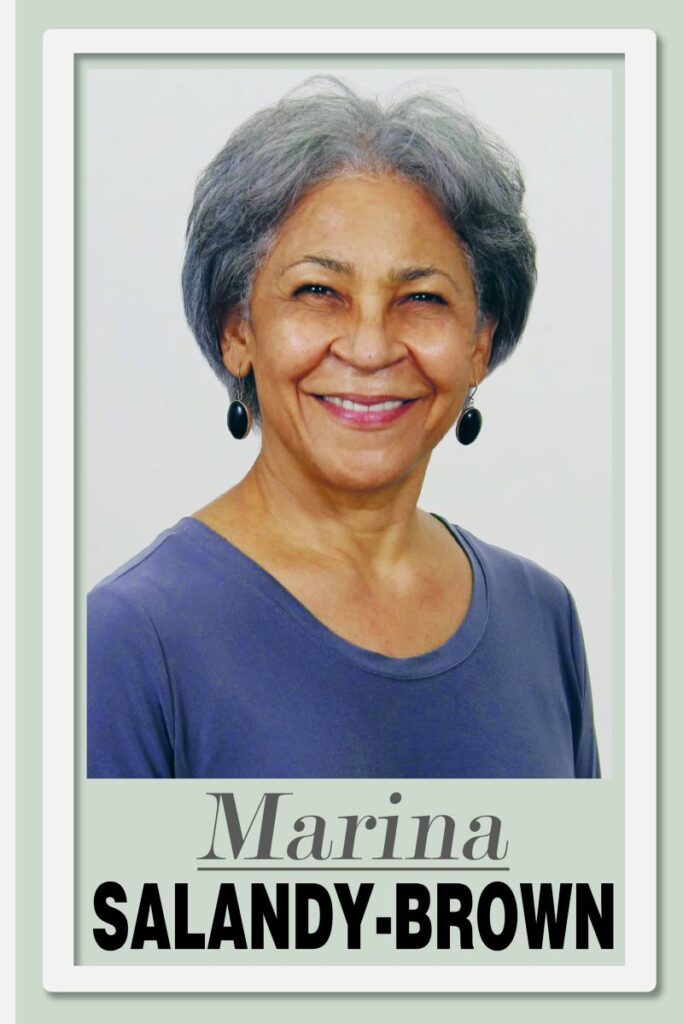April 23 – a very special day

Apart from the vast number of birthdays celebrated last Tuesday (April 23) – well over 350,000 worldwide – it was a very special day for many other people and for an array of reasons.
It is curious that several commemorations exist on the same day. In 1995, UNESCO named April 23 World Book and Copyright Day. Then in 2010, the UN's Department of Global Communications established language days for each of the organisation's six official languages and, probably for diplomatic reasons, named English Language Day April 23 too. FYI, French Day is March 20, Chinese is April 20, Russian is June 6, and Arabic is December 18.
Everyone who knows their history would recognise that Spain was the great imperial power of the 17th century. It was the Spanish Golden Age, but the English were nipping at Spain’s heels, having broken her great and invincible Armada in 1588 – a most memorable historical event, since it secured Protestant rule in England, and put Elizabeth I's reign into the annals of time.
There was another important yet unrecognised phenomenon occurring simultaneously as England and Spain slugged it out for maritime and imperial supremacy. The greatest writer in Spanish history, Miguel de Cervantes, was writing, and so was the great William Shakespeare, author of some of the world’s most celebrated plays and poems in English.
Strangely, Shakespeare died on April 23, 1616, which may be why April 23 is also known as Shakespeare's Day, and Cervantes died on April 22, 1616. The Spaniard was nearly 20 years senior and, though the men may never have met, Shakespeare probably knew of and was influenced by Cervantes’s plays and poetry.
There is no literary rivalry between the two former empires about which writer is better. Shakespeare is acknowledged as the world’s greatest dramatist and lines from his many plays are the most remembered, up to today. Cervantes’s Don Quixote is widely regarded as the world’s first great novel and its ideas also pepper contemporary speech. It may be one reason why that single work is reputedly the most-read book in the world after the Bible; that, plus the fact that only Mandarin is more widely spoken than Spanish.
The expression “chasing windmills'' is exactly what the wonderfully satirical Don Quixote is about. To Dream the Impossible Dream, the hit song of the 1960s film Man of La Mancha, a musical of Don Quixote sung by then heartthrob Andy Williams, injected the line into universal popular culture. It is probably the most communicated idea arising from the epic tale of the delusional mediaeval knight.
My other favourite aperçu is, “There is a remedy for everything except death." Cervantes's finely tuned sense of the absurd is a delight and the text is rich with arresting moments of compelling sanity in the midst of the amusing, wilful delusion. Consider this: “A tooth is much more to be prized than a diamond.”
Each year, Don Quixote is read around the world in a readathon, including here in TT, There was a gathering of readers at UWI, St Augustine this year.
Let’s see what format the Spanish-speaking diplomatic missions devise to make it wider read by Trinis next year.
That continual reaching-out is another important reason the 419-year-old novel remains so unbelievably popular. There is a lesson there for us who wish to popularise Caribbean literature, a theme picked up at a literary event, held on April 23.
It was the launch of a much-anticipated book about a West Indian cricketing icon. Son of Grace is written by editor and cricket writer Vaneisa Baksh. She, and I too, were very pleased to see the venue overflowing with people ready to celebrate the ten-year coming of the biography of Sir Frank Worrell, one of the "Three Ws” of cricket, Worrell, Weekes and Walcott.
The author, almost self-deprecatingly, spoke of the need for mentors and those who supported her.
Among them was the under-recognised-at-home but outstanding TT biographer who taught at Stanford University, Prof Emeritus Arnold Rampersad. His biographies on Ralph Ellison and Langston Hughes were Pulitzer prize finalists. In 2011, Rampersad was the very first OCM Bocas Prize chief judge.
Writing about people’s lives has its perils, especially when the subject is still alive, but it is absolutely necessary if we are to preserve our history. It took Baksh a decade to complete her biography because so little had been written about Worrell from the unique perspective of Caribbean authors. Fortunately, she had access to Sir Everton Weekes, who had penned his own memoir, before he died, so that she could write a coherent and well-observed account of Worrell’s life off the cricket pitch as well.
Baksh encouraged everyone to read more and to tell our own stories for posterity and nation-building.
That has been a key objective of the Bocas Lit Fest since its inception.Today is the closing day of the 14th annual festival it spawned. The National Library will be host to dozens of writers who have dedicated their lives to that very task and to claiming our place in the world literary canon.


Comments
"April 23 – a very special day"